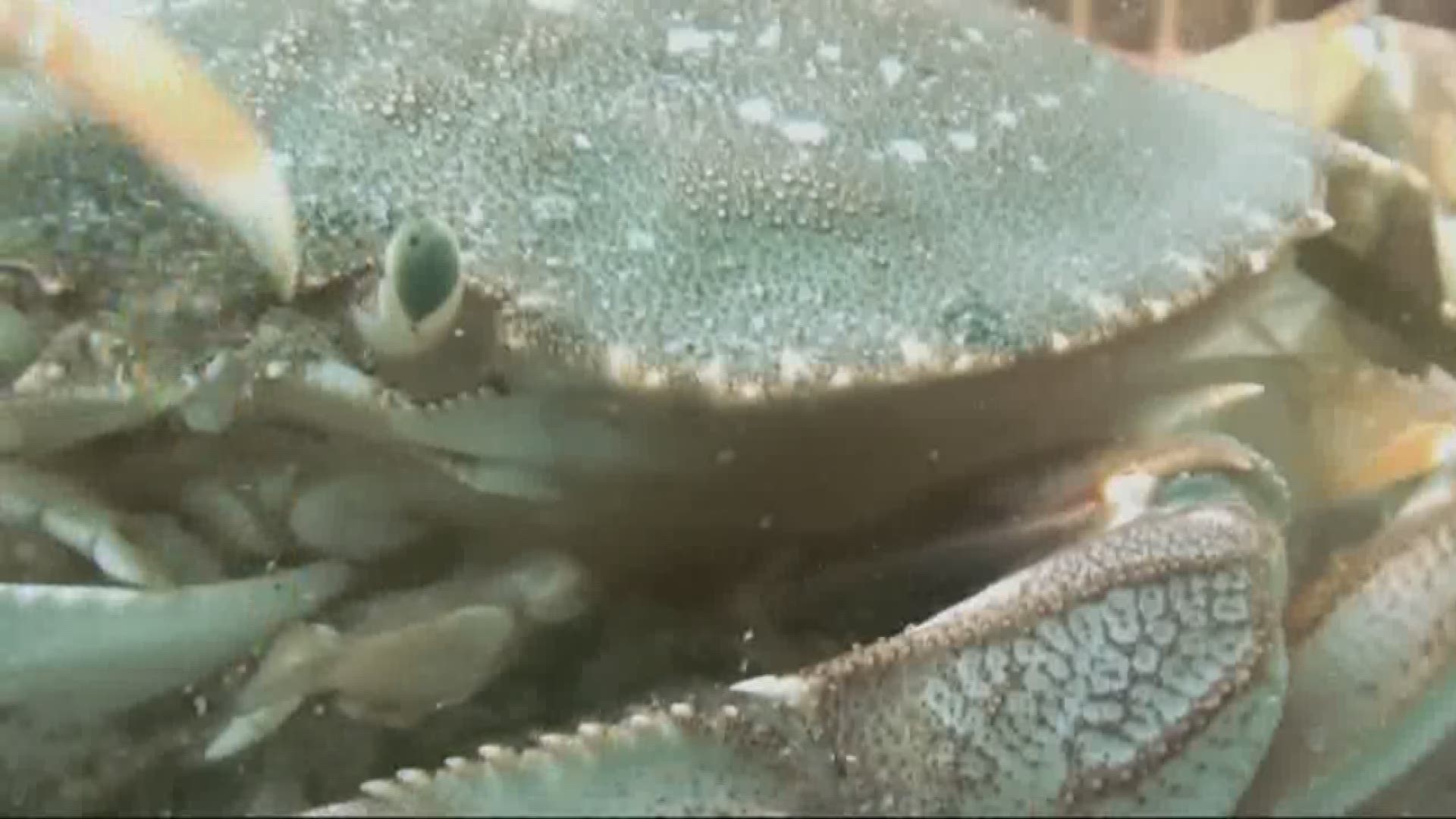PORTLAND, Ore. — For years researchers have known climate change is hurting oysters off the coast of Oregon.
Now, for the first time, they're showing that it's also impacting Dungeness crabs.
Just last month, KGW reported on researchers who study the impact of a more acidic ocean. This week, we spoke with the researchers behind a new study involving crabs.
There's no question, Dungeness crab is a big deal in Oregon. In 2018 alone, the industry pumped an estimated $75 million into the economy. Which is why, for many, this new research is concerning.
It found that acidic water off the coasts of Oregon and Washington are damaging the shells of baby crabs.
"The shell is no longer intact or normal and then you know it's basically dissolving away," explained Dr. Nina Bednarsek, the lead author on the NOAA-funded study.
"On the individuals where we have found this extensive shell being dissolved away, we have also seen that those crabs were much smaller than the other intact crabs," she said.
When carbon dioxide is released into the atmosphere from the burning of fossil fuels, some scientists estimate as much as one-third of it gets absorbed by the ocean.
Once dissolved, the CO2 combines with the water and forms something called carbonic acid. It's that acid that the researchers believe is dissolving the crab shells as well as damaging important sensors the crabs need to feed.
Although researchers have, for years, been doing lab tests on the impact of acid ocean water on Dungeness crab, this study was the first to look at that relationship in its natural environment.
As for what this means for future Dungeness crab populations and fisheries? The jury is still out. The NOAA scientists plan to be back out studying the crabs this spring.

